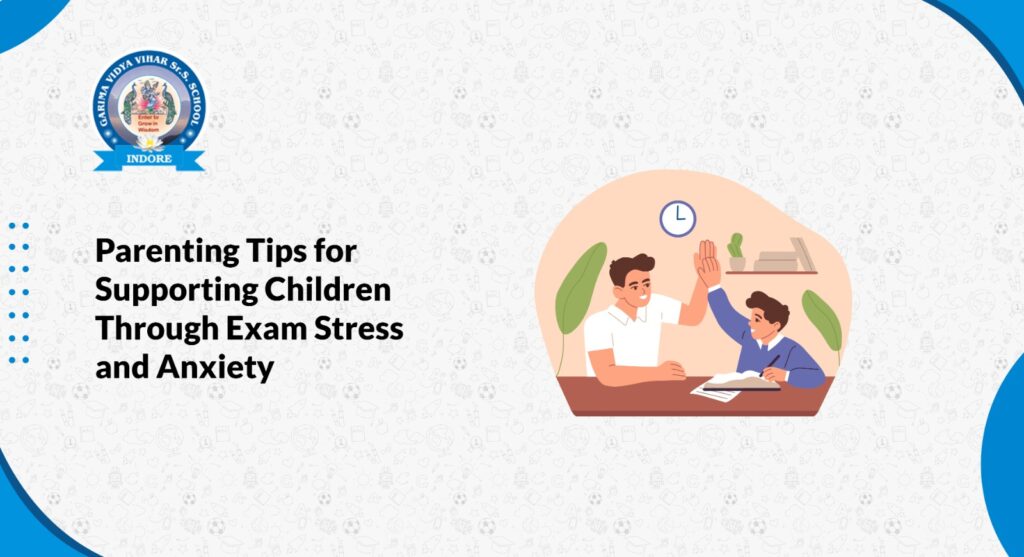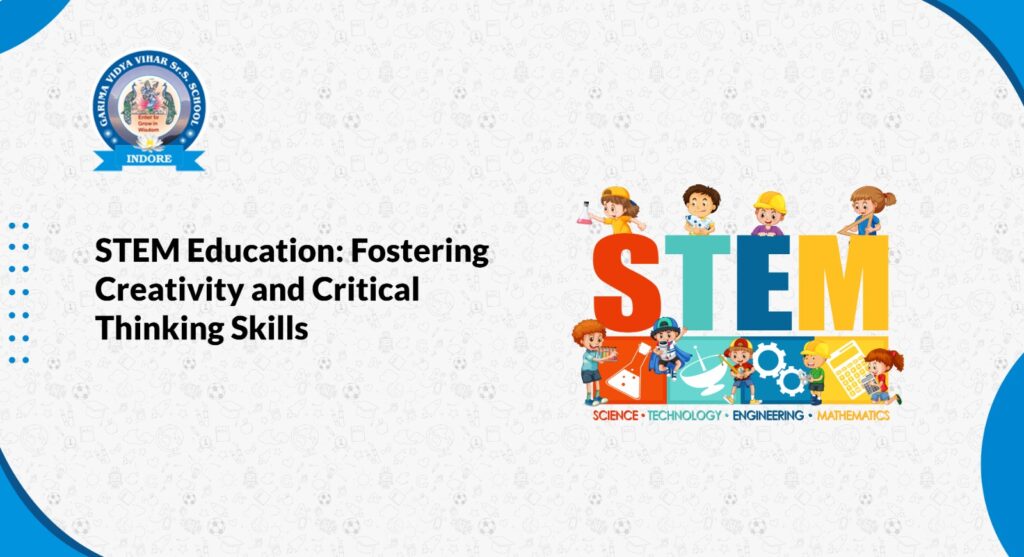In today’s fast-paced world, academic achievement often takes center stage. While striving for stellar grades is important, we mustn’t neglect the crucial aspect of character development. As parents, instilling strong moral values in our children becomes equally significant in shaping them into well-rounded, responsible individuals. So, how can we strike a balance between academic excellence and moral richness? Fear not, fellow parents, for this blog offers a treasure trove of insights and practical tips to guide you on this journey.
Understanding the Significance of Moral Values
Before diving into the “how,” let’s explore the “why.” Why are moral values so crucial in a child’s life? Consider these benefits:
- Empathy and Compassion: Children with strong moral foundations develop the ability to understand and care for others’ feelings, fostering healthy relationships and a sense of community.
- Ethical Decision-Making: Moral values act as guiding principles, equipping children with the tools to make responsible choices based on honesty, fairness, and respect.
- Resilience and Self-Discipline: Building a strong moral compass teaches children to persevere through challenges, control impulses, and make sacrifices for the greater good.
- Increased self-confidence: Knowing they are good people and have positive values provides children with a sense of security and a foundation for a fulfilling life.
Make your Child Morally Rich
Now, let’s delve into tangible ways to incorporate moral values into your child’s upbringing:
Early Years (Toddlers and Preschoolers):
- Role Model the Way: Children are keen observers, mimicking our every action. Be mindful of your own behavior and demonstrate the values you wish to instill.
- Storytelling as a Moral Compass: Choose stories that highlight positive characters and showcase good deeds leading to positive outcomes. Discuss the lessons within the tales, sparking conversations about values like kindness, honesty, and responsibility.
- Natural Consequences as Learning Tools: Instead of simply reprimanding misbehavior, allow natural consequences to teach valuable lessons. For example, forgetting a jacket on a cold day reinforces the importance of responsibility.
- Empathy through Imaginary Play: Encourage pretend play that involves taking care of others, sharing toys, and resolving conflicts peacefully.
Middle Childhood (Ages 6-12):
- Open Communication and Dialogue: Engage in open and honest conversations about right and wrong, discussing real-life scenarios and encouraging critical thinking.
- Community Involvement and Volunteerism: Expose your child to opportunities to serve others, like volunteering at a local shelter or participating in community clean-up initiatives.
- Positive Reinforcement: Acknowledge and celebrate good behavior, praising acts of kindness, honesty, and responsibility. This positive reinforcement strengthens their desired qualities.
- Role-Playing for Real-Life Challenges: Use role-playing scenarios to help your child navigate difficult situations, such as resisting peer pressure or standing up for what they believe in.
Teenagers (Ages 13-18):
- Respectful Discussion and Debate: Promote healthy debate and encourage your teenager to voice their opinions respectfully, even if they differ from yours. This fosters critical thinking and open-mindedness.
- Real-World Responsibilities and Challenges: Assign age-appropriate chores and responsibilities, allowing your teenager to experience the importance of commitment, accountability, and teamwork.
- Media Literacy and Ethical Consumption: Discuss the values portrayed in the media your teenager consumes, prompting critical thinking about what constitutes responsible citizenship and ethical behavior.
- Mentorship and Positive Role Models: Connect your teenager with positive mentors who can guide them through this formative phase and inspire them to uphold strong moral values.
Tools and Resources to instill Moral values in your child
You’re not alone! Here are some resources to support you on your path to raising morally rich children:
- Books and educational materials
Explore books, websites, and online resources specifically designed to teach children about values, such as “The Berenstain Bears’ Big Book of Manners” or “Character Counts!” - Educational games and activities
Find games and activities that reinforce positive values, such as cooperative board games, volunteer projects, or even family games that promote fairness and teamwork. - Connect with other parents
Share experiences and support with other parents who are also striving to raise moral children. Online communities and local parenting groups can offer valuable insights and encouragement.
Your Child’s Moral Journey
Instilling moral values in children is a continuous process, not a one-time achievement. There will be setbacks and mishaps along the way. Embrace these as learning opportunities, guiding your child back to the path of good choices with patience, love, and positive reinforcement.
Conclusion
In a world that often prioritises grades and achievements, it takes courage to prioritise moral development. But remember, this is not just an investment in your child’s future but in the future of our world. By raising a generation of individuals who are not just academically equipped, but also morally responsible and compassionate, we build a brighter future for us all. So, embrace the challenge, celebrate the journey, and watch in awe as your child blossoms into a future leader, not just in the classroom, but in the world.







